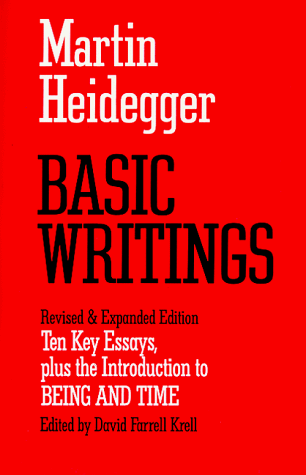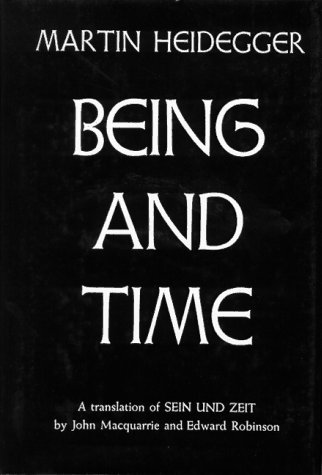
Being and Nothingness
Book Description
What if existence itself is a battleground where freedom clashes with despair? "Being and Nothingness" plunges into the depths of consciousness, exploring the struggle between being and non-being. Sartre paints a vivid landscape of human relationships, desire, and the weight of choice. Each page crackles with existential tension as characters grapple with their very essence, confronting a world that offers no easy answers. Faced with the haunting void of nothingness, can one truly embrace freedom without surrendering to chaos? Prepare for a thought-provoking journey that will challenge every belief about life and identity. Are we defined by our choices, or do we merely drift through the void?
Quick Book Summary
"Being and Nothingness" is Jean-Paul Sartre’s monumental exploration of existentialism, where he investigates the nature of human consciousness and the challenges of existence. Sartre begins by asserting that existence precedes essence, meaning people define themselves through their actions and choices, rather than any preordained purpose. The book carefully distinguishes between 'being-for-itself' (conscious, self-aware existence) and 'being-in-itself' (passive being of objects). Central themes include freedom, which is experienced as both a gift and a burden, and the pervasive sense of nothingness confronting us with the responsibility for our actions. Sartre also examines complex human emotions such as shame, desire, and the gaze of others, revealing how relationships often teeter between conflict and connection. Ultimately, the work poses a fundamental question: Can individuals authentically shape their lives in a world devoid of inherent meaning?
Summary of Key Ideas
Table of Contents
Existence Precedes Essence
Sartre opens with the radical idea that 'existence precedes essence.' Unlike traditional philosophy, which assumes a predefined human nature or purpose, Sartre claims individuals are born without essence and must carve out identity through free choices. Life is not guided by any divine blueprint; instead, meaning emerges from what people do and the values they define for themselves. This existential foundation challenges readers to take responsibility for inventing themselves without justification from external sources, underscoring the profound solitude and freedom inherent to human existence.
Consciousness and Nothingness
A central theme is Sartre's distinction between 'being-in-itself' (l'être-en-soi) and 'being-for-itself' (l'être-pour-soi). Objects simply exist—they are what they are—while humans are constantly aware of themselves, capable of reflecting and projecting beyond their current state. This self-awareness introduces 'nothingness,' a gap between what we are and what we can become. Sartre argues that consciousness is fundamentally a process of negation, separating the subject from the world and perpetually striving toward new possibilities, yet never simply coinciding with itself.
Freedom and Responsibility
Freedom is both the ultimate human gift and a source of profound anxiety. Sartre claims we are 'condemned to be free,' meaning that every action springs from our ability to choose, and we cannot escape this freedom, even by refusing to decide. With such freedom comes the weight of responsibility—there is no excuse for blaming circumstances, fate, or other people. However, this radical freedom can lead to anguish, as individuals realize the absence of any inherent meaning or guideposts for action, forcing them to define values in a moral vacuum.
The Gaze and The Other
Human relationships are fraught with complexity, largely due to the phenomenon Sartre calls "the gaze." When we perceive others watching us, we become objects in their world, which can give rise to feelings of shame or estrangement. This dynamic is pivotal in understanding power struggles, desire, and personal identity. Sartre analyzes the ways in which people attempt to control or escape the judgment of the Other, revealing that all relationships are tinged with paradox and can never achieve perfect harmony.
Bad Faith and Authenticity
A recurring motif is 'bad faith'—the tendency to deceive oneself to escape the burden of freedom. Through self-deception, individuals deny their own agency, adopting social roles or hiding behind conventions. Sartre urges authenticity, or the courage to confront the reality of one’s freedom and live consciously aligned with one's true values. Yet, authenticity is an endless, often elusive task. The concluding question is whether, facing the void, one can live authentically without retreating into self-delusion or despair.
Download This Summary
Get a free PDF of this summary instantly — no email required.





